
Science journalism and creative writing at Johns Hopkins University; books for adults and kids. #BabyDunksALot
— ☘️Jayson Tatum's coauthor!☘️
6 subscribers
How to get URL link on X (Twitter) App


 From the same 1923 article:
From the same 1923 article: 
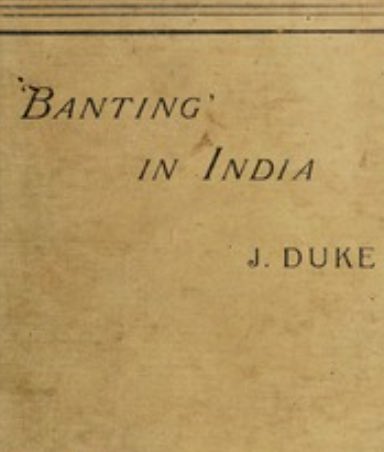
 2/ How carbohydrates fatten our bodies. (Excerpt from Banting in India, 1885)
2/ How carbohydrates fatten our bodies. (Excerpt from Banting in India, 1885) 




 Also pretty cool that the research was carried out by two women at a time when so few women had opportunities in science.
Also pretty cool that the research was carried out by two women at a time when so few women had opportunities in science.


 🧵2/ The 1928 Times headline is "Too Much Sugar for the World to Eat." Americans in 1928 consumed far less sugar than we do today, but, the article explains, there had already been an extraordinary increase: "For every pound [of sugar] consumed a century ago, today there is 20."
🧵2/ The 1928 Times headline is "Too Much Sugar for the World to Eat." Americans in 1928 consumed far less sugar than we do today, but, the article explains, there had already been an extraordinary increase: "For every pound [of sugar] consumed a century ago, today there is 20." 


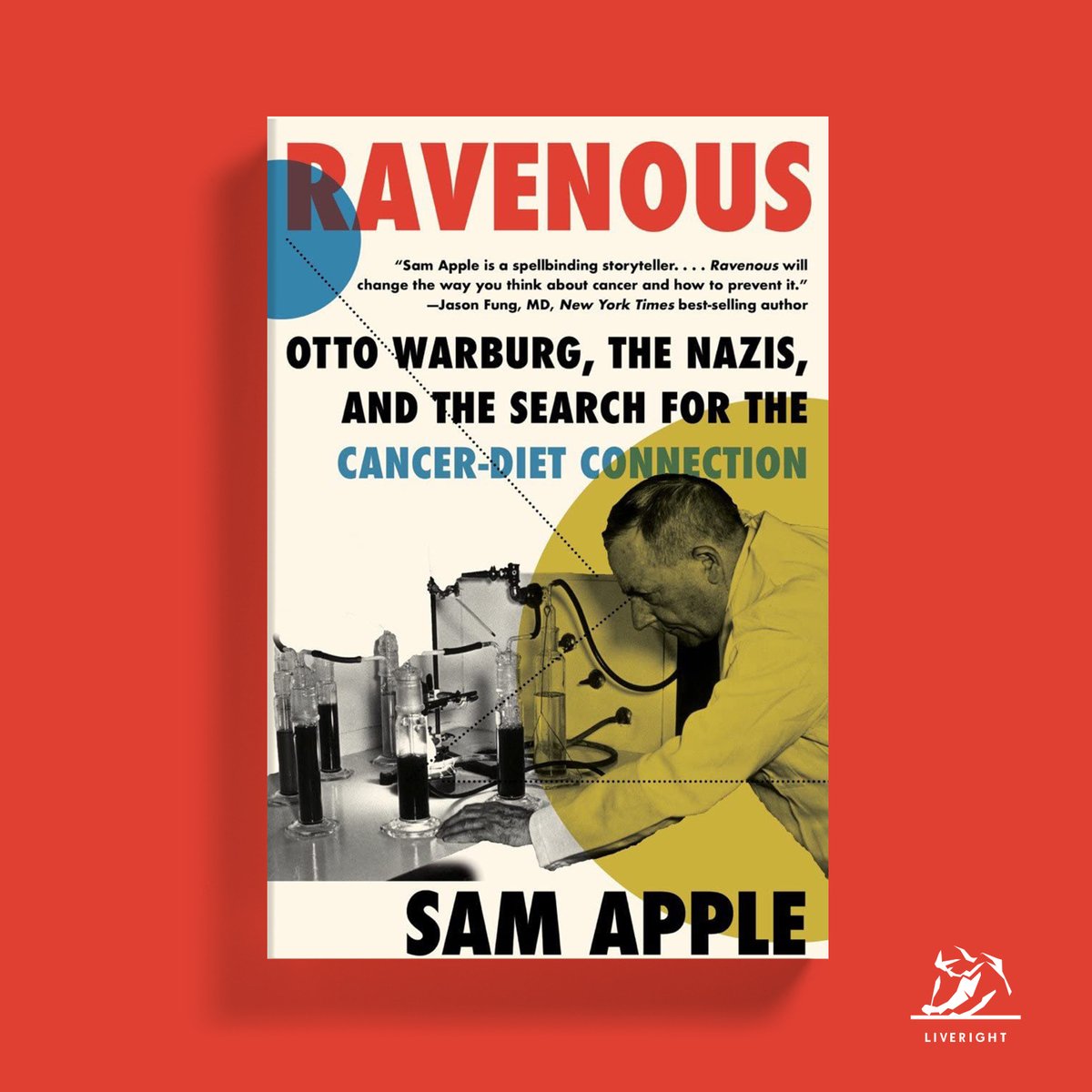 🧵2/ It's a story that I think has important implications for how we think about cancer and, in particular, cancer prevention. It begins in 1887, the year German Crown Prince Friedrich, next in line to be kaiser, was found to have throat cancer.
🧵2/ It's a story that I think has important implications for how we think about cancer and, in particular, cancer prevention. It begins in 1887, the year German Crown Prince Friedrich, next in line to be kaiser, was found to have throat cancer. 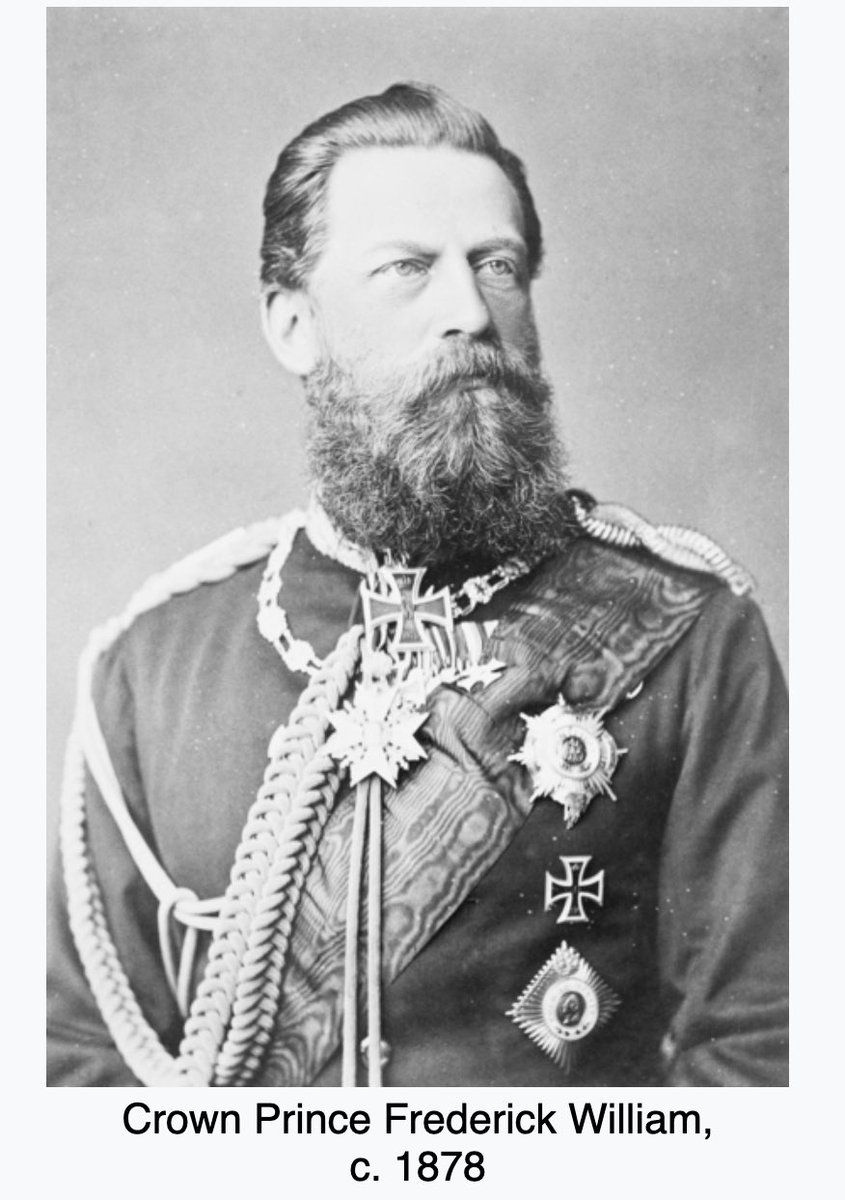

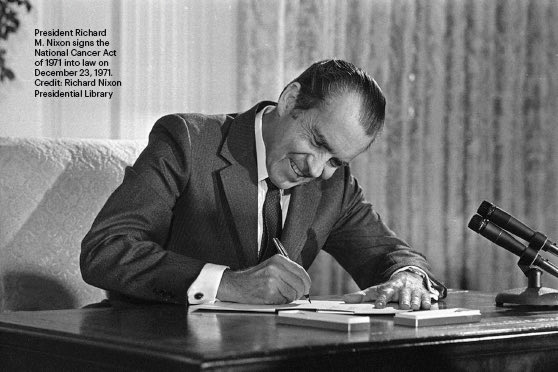

 Thread-2: …we aren't winning this "war." In this thread, I want to pose a question that I did not directly address in Ravenous: Is it possible the "war on cancer" was undermined from the very start?
Thread-2: …we aren't winning this "war." In this thread, I want to pose a question that I did not directly address in Ravenous: Is it possible the "war on cancer" was undermined from the very start?


 Thread-2/21: This story begins in the 1843, when Stanislas Tanchou, a French physician who studied cancer trends, appeared before French Academy Science and made a startling announcement: there were places, Tanchou claimed, where cancer appeared to hardly exist at all.
Thread-2/21: This story begins in the 1843, when Stanislas Tanchou, a French physician who studied cancer trends, appeared before French Academy Science and made a startling announcement: there were places, Tanchou claimed, where cancer appeared to hardly exist at all.

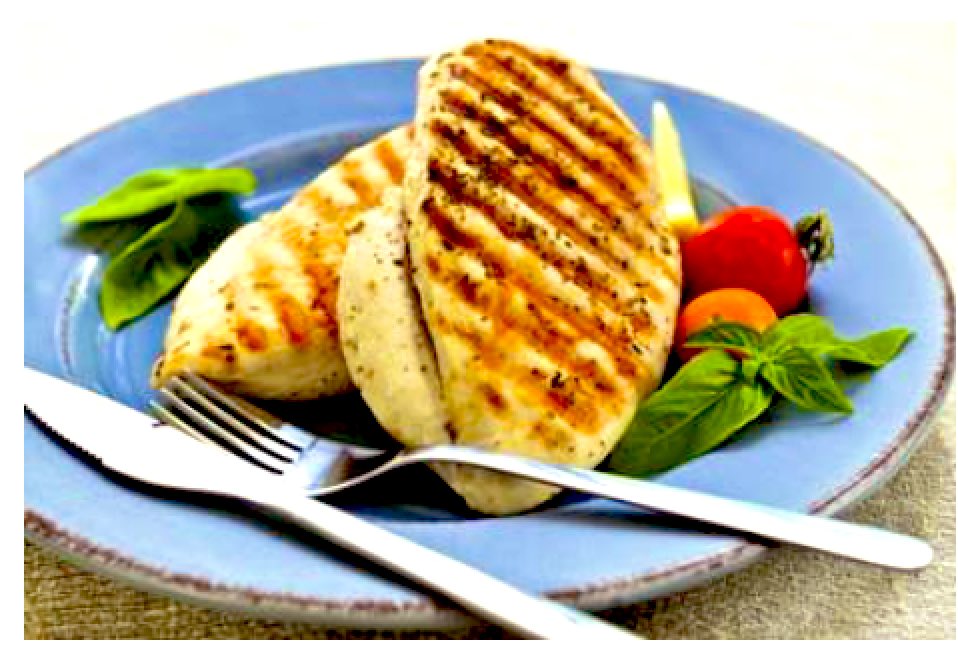


 Thread: 2/25: I think the evidence points strongly in the direction of “yes” — sugar can be thought of as a cause of cancer. But I also think there are some important nuances to the science that are sometimes easy to overlook.
Thread: 2/25: I think the evidence points strongly in the direction of “yes” — sugar can be thought of as a cause of cancer. But I also think there are some important nuances to the science that are sometimes easy to overlook.